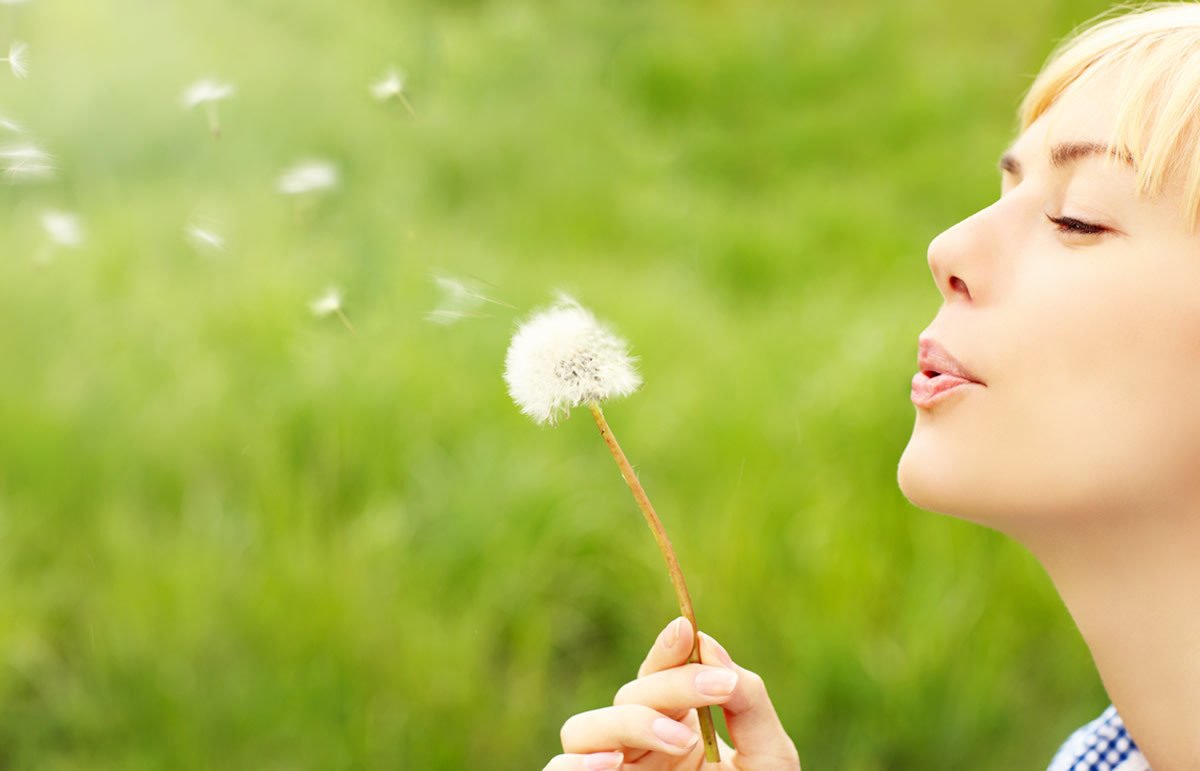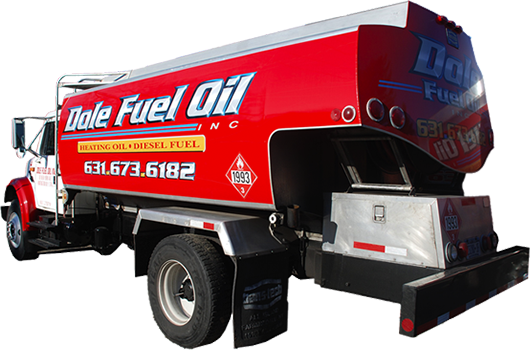Some studies have shown that we will see a 20 to 30 percent increase in tree and grass pollen this year. The best way to combat allergy symptoms is to prepare as much as possible before the Long Island allergy season peaks. Here are a few tips:
- Replace or clean your HVAC air filter regularly
- Stay indoors during peak times- allergens tend to peak between 10 a.m. and 4 p.m
- Schedule yearly HVAC maintenance
- Wear a filter mask when gardening or mowing the lawn
- Wash sheets and pillowcases often to remove allergens
- Change clothes after being outside for long periods of time
- Check pollen forecasts on sites like weather.com and accuweather.com and set up alerts for high-pollen day
- Close all of the windows and doors in your house to prevent pollen from coming inside
*Always check with your physician before treating allergy symptoms
The Right Air Filter for Spring Allergies
As the pollen count spikes, many people find the only way to get relief is to hide indoors. There are other steps you can take to fight allergies.
HEPA air filters use the Minimum Efficiency Rating Value (MERV) system to rate how well they block particles of different sizes. The ratings range from MERV 1 to MERV 12. The higher the number, the better the filter works to remove the smallest particles, including pollen, from your home’s air.
These filters work best when they are changed frequently. During high pollen season on Long Island, it is recommended to change them each month. There are a variety of different air filters on the market, include several aftermarket options to improve your AC system or add purifiers for extra protection against allergies or asthma. Buying the right brand of filter isn’t usually as important as buying the right kind. The filter needs to fit your AC unit – after that, the differences are minimal.
HVAC Maintenance to Help Alleviate Spring Allergies
The best way to combat allergies in your HVAC unit is to regularly change out your filters. Always follow maintenance instructions recommended by the air conditioner system's manufacturer. While choosing the right air filter and cleaning it regularly can help to reduce airborne allergans, you must also maintain the rest of your HVAC system. More than likely, the unit’s blower fans and ductwork have accumulated a lot of dust and other buildup during the winter. An annual tune up not only provides cleaner air, but it improves HVAC performance and extends your equipment's lifespan.
If you are worried that mold may be growing inside your system, think about having the air ducts cleaned. Mold particles and a moldy, musty odor are often indicators that you have a mold issue. Contact a duct cleaning professional to check for mold growth.
You may not realize it, but the air you breathe cycles through your HVAC system multiple times each day. Invest in regular HVAC maintenance to avoid breathing in harmful mold spores, pollen and dust particles.


